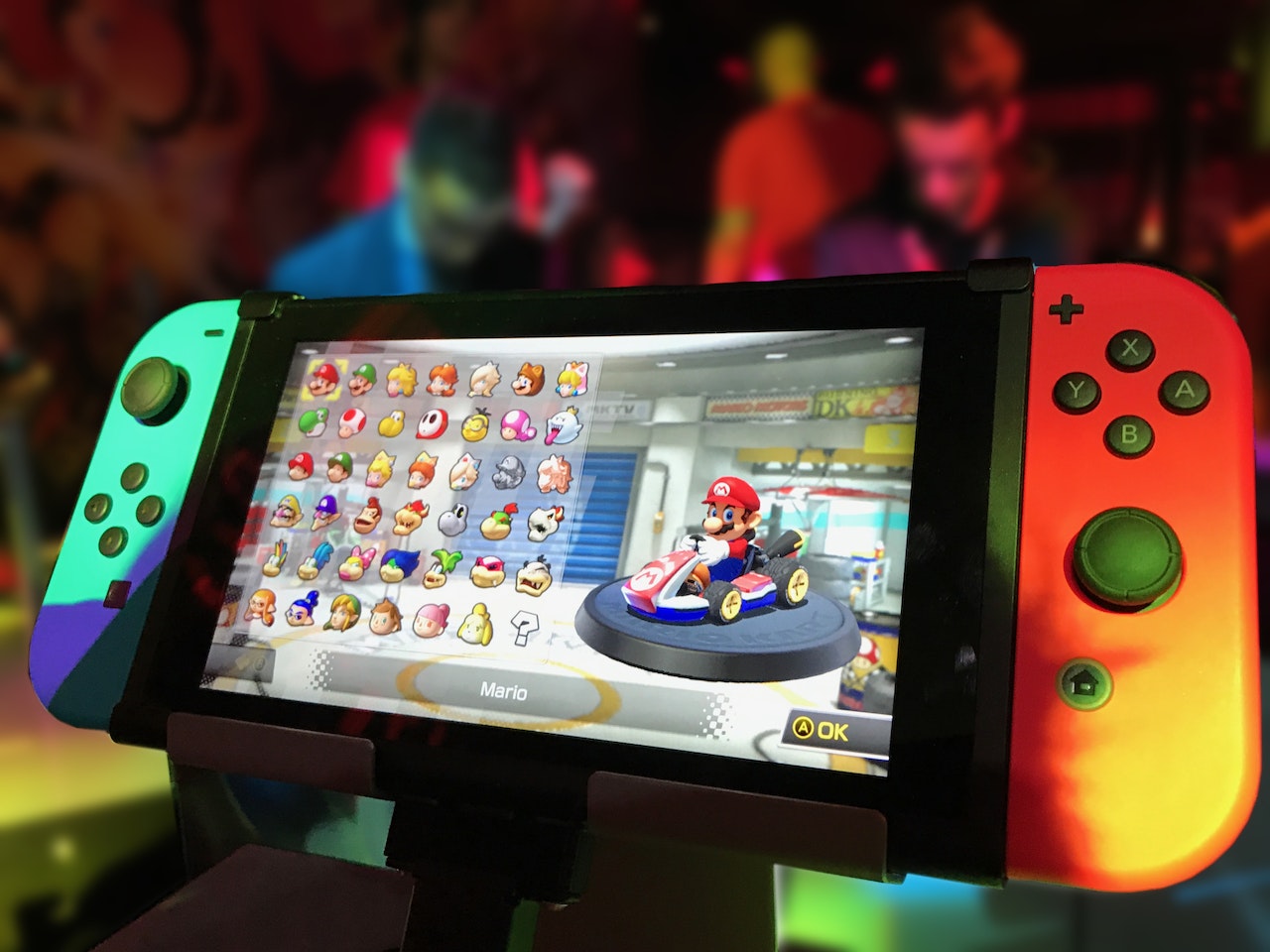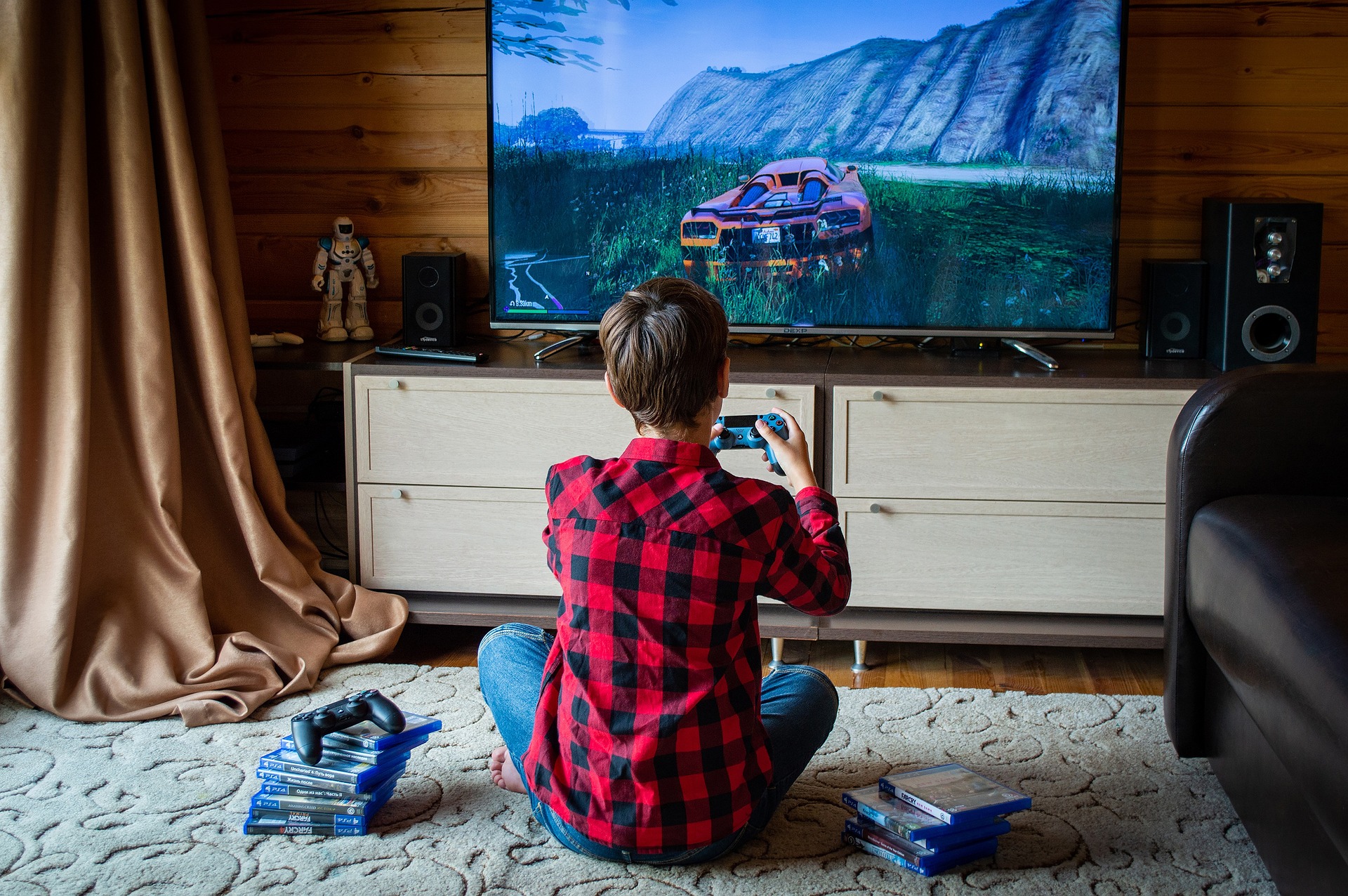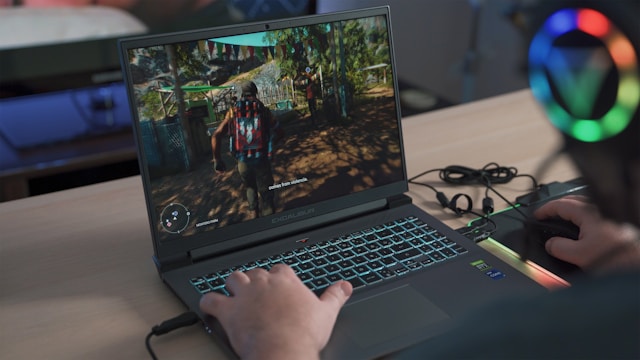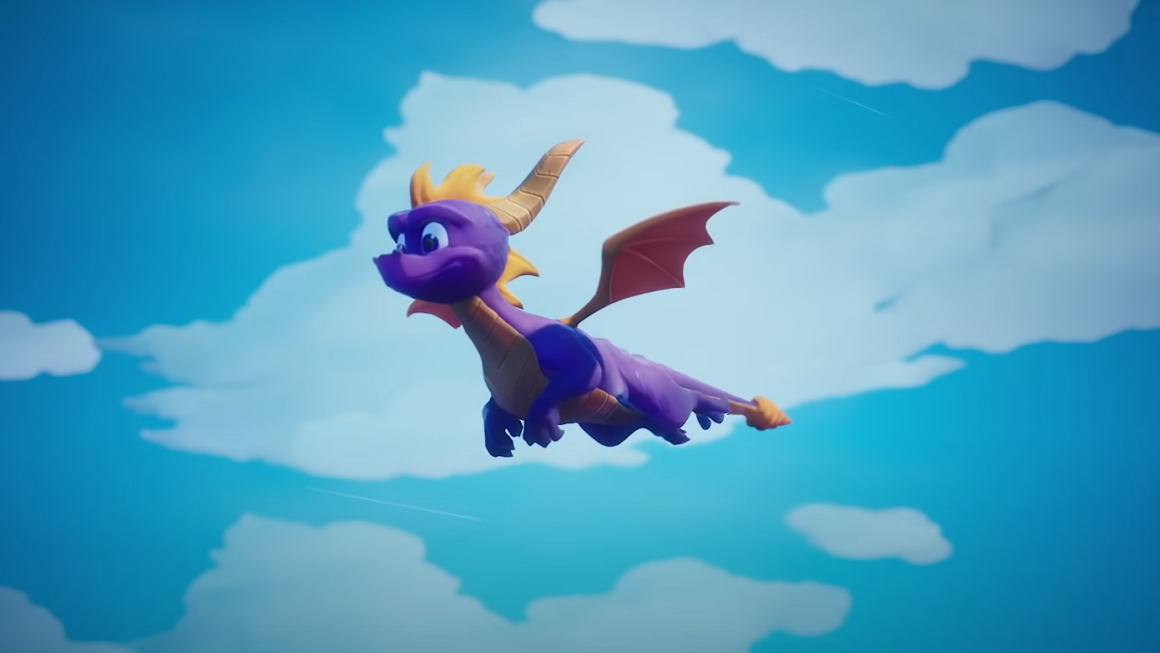You’ve probably seen a discussion about it somewhere on the Internet. If it’s not PlayStation vs. Xbox, it’s PC vs. both of them. So, let’s get into the discussion and find out which one is better.
Well, you might be surprised to learn that there really isn’t a one-size-fits-all answer to that question. Both PCs and consoles have many advantages and disadvantages. The question of which one is better for your kids is ultimately very subjective, as it depends on both your preferences and your budget.
In this article, we’ll look at the most important factors you should keep in mind if you’re trying to decide which platform is better for your kids.
A PC is a desktop computer or a laptop.
The expression “gaming PC” often makes people think of some advanced desktop system, but let’s not forget that there are gaming laptops too. However, when comparing desktops and laptops, a desktop computer will be a better choice for gaming in the vast majority of cases.
This is because gaming laptops often use low-power components, as it is difficult to keep a gaming laptop running when both the CPU and the GPU are under heavy load in a cramped enclosure.
Sometimes people turn to external graphics cards. However, this usually requires a significant additional investment, and bandwidth limitations still mean that a laptop with an external GPU won’t be as fast as a desktop computer with the same GPU. Not to mention the fact that an external GPU enclosure can take away the portability of a laptop, which is one of its main strengths.
Either way, a gaming desktop computer is much better than a gaming laptop in both performance and cost. The main reason you might want to buy a gaming laptop is because you spend a lot of time away from home and want games with you. Otherwise, a desktop setup is your best choice in every way.
Consoles.
As far as consoles go, there are out of several options. The major players in this area are Sony, Microsoft and Nintendo, and they all have their own different consoles. First, we have Sony’s PlayStation and Microsoft’s Xbox. Then there’s Nintendo’s Switch.
Generally speaking, the PlayStation and Xbox have more hardware power than Nintendo’s consoles and offer a wider selection of games, many of which are shared with PCs. Nintendo, on the other hand, relies mostly on innovation and in-house development.

Thus, it’s hard to compare the Switch to the PC, and like its predecessors, the Wii U and the original Wii, it’s a versatile console that’s primarily appealing because of its innovative features and games.
The PlayStation 4 and Xbox One, on the other hand, are very similar to each other and are also similar to the PC. Without going into the details of the comparisons, two important differences between the PlayStation 4 and Xbox One are that the former has more high-quality single-player exclusives and the latter has backward compatibility.
However, it doesn’t make much sense to compare them now that the 8th generation of consoles is coming to an end, the PlayStation 4 will soon replace the PlayStation 5, and the Xbox Series X will replace the Xbox One.
Choice
Many developers these days think about consoles and console controllers first when working on their games, and this is reflected in PC releases as well. Fortunately, these days there are no significant gaps between most console and PC game releases, with the exception of some exclusives.
At this point, most console exclusives are proprietary games developed by a console manufacturer looking to increase sales of its hardware and increase brand adoption, and this is especially evident in the case of Sony and Nintendo.
On the other hand, there are whole genres of games that are almost absent on consoles – MMOs, MOBAs and strategies. There’s also a brighter indie scene on PC and, of course, mods.
Compatibility
As we mentioned before, every game released for a console will work well on that console. However, there are always exceptions when certain games are either too demanding for aging hardware or simply not optimized enough.
PC games are usually not as well optimized, and some releases can have serious issues with bugs and crashes, which is only natural considering that the PC can use all kinds of hardware for several years. That’s why optimization on the PC is a little more problematic than when it comes to the standard configurations used by consoles.
Something else to consider is backward compatibility. On PC, you’ll be able to run most games right away, and while some older releases won’t run flawlessly on the new hardware, it usually doesn’t take much effort to fix.
Meanwhile, when it comes to consoles, backward compatibility has been a bit of a problem. The Xbox One was compatible with most of the older Xbox releases, while the PlayStation 4 couldn’t run any of its predecessor games.
The situation on that front looks better now that the Xbox Series X and PlayStation 5 will be backwards compatible. However, the latter will only be able to run PS4 games, and PS3 games can only be played through PlayStation Now.



